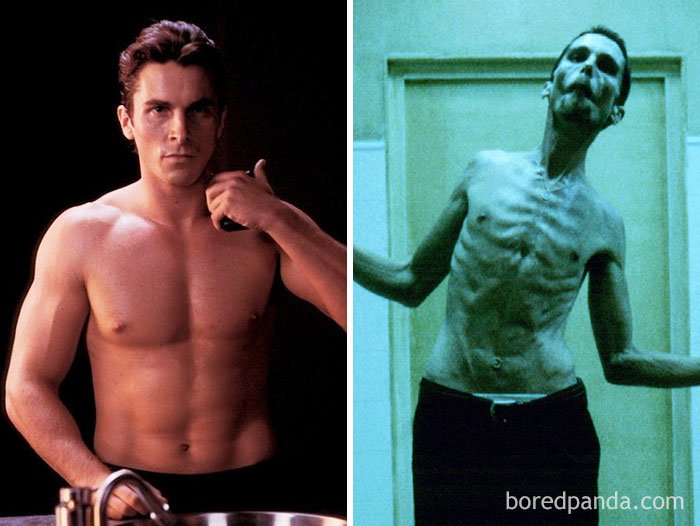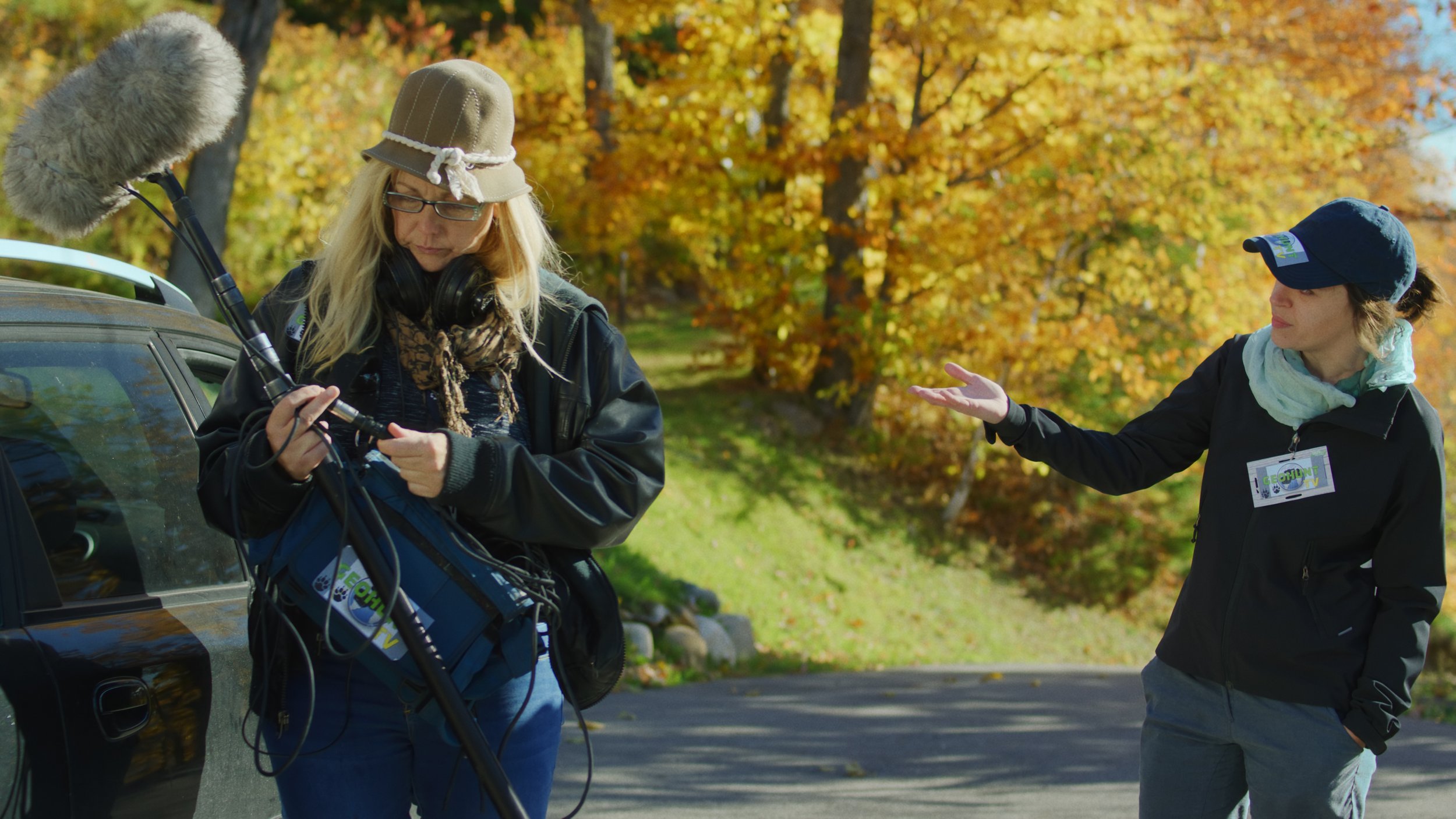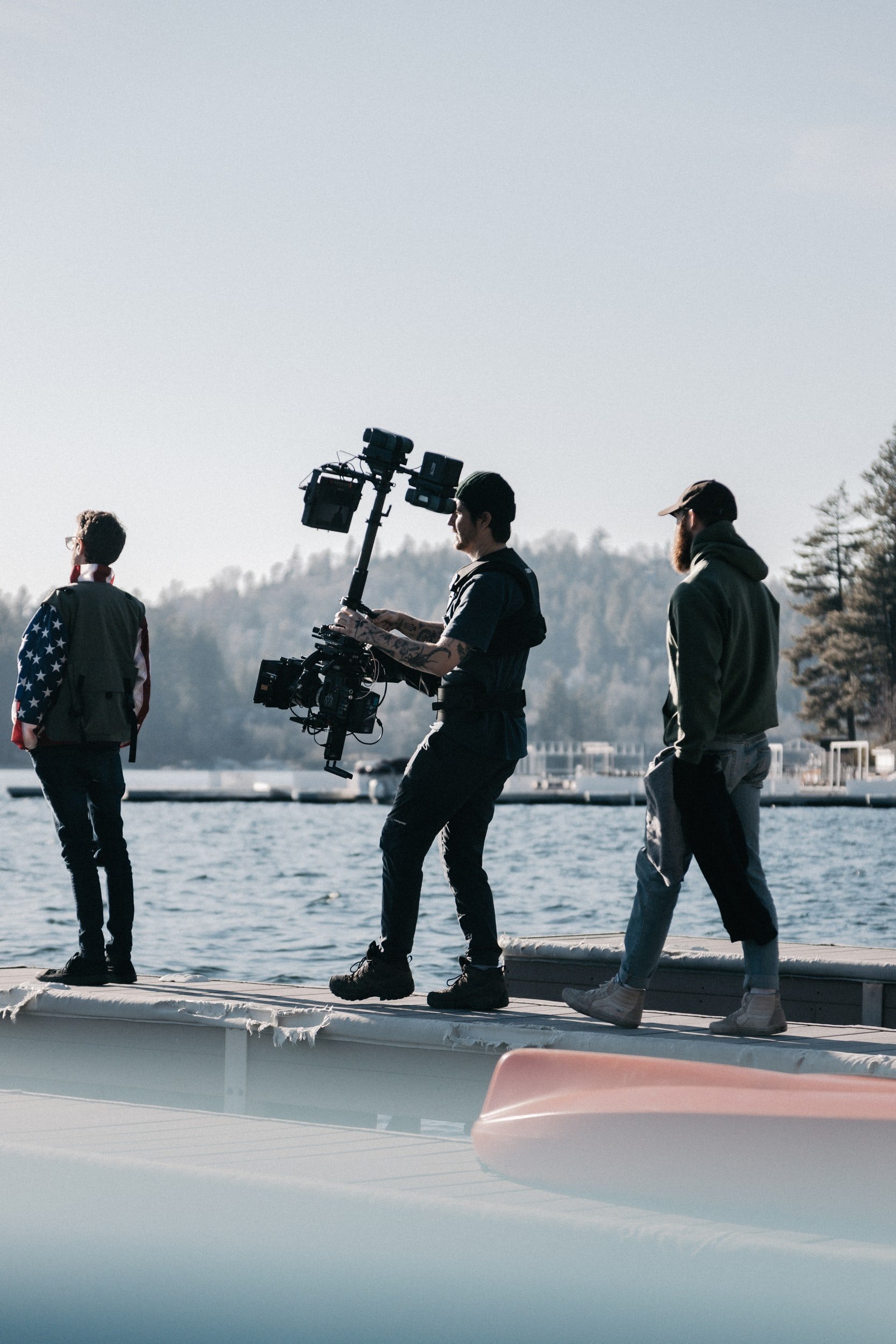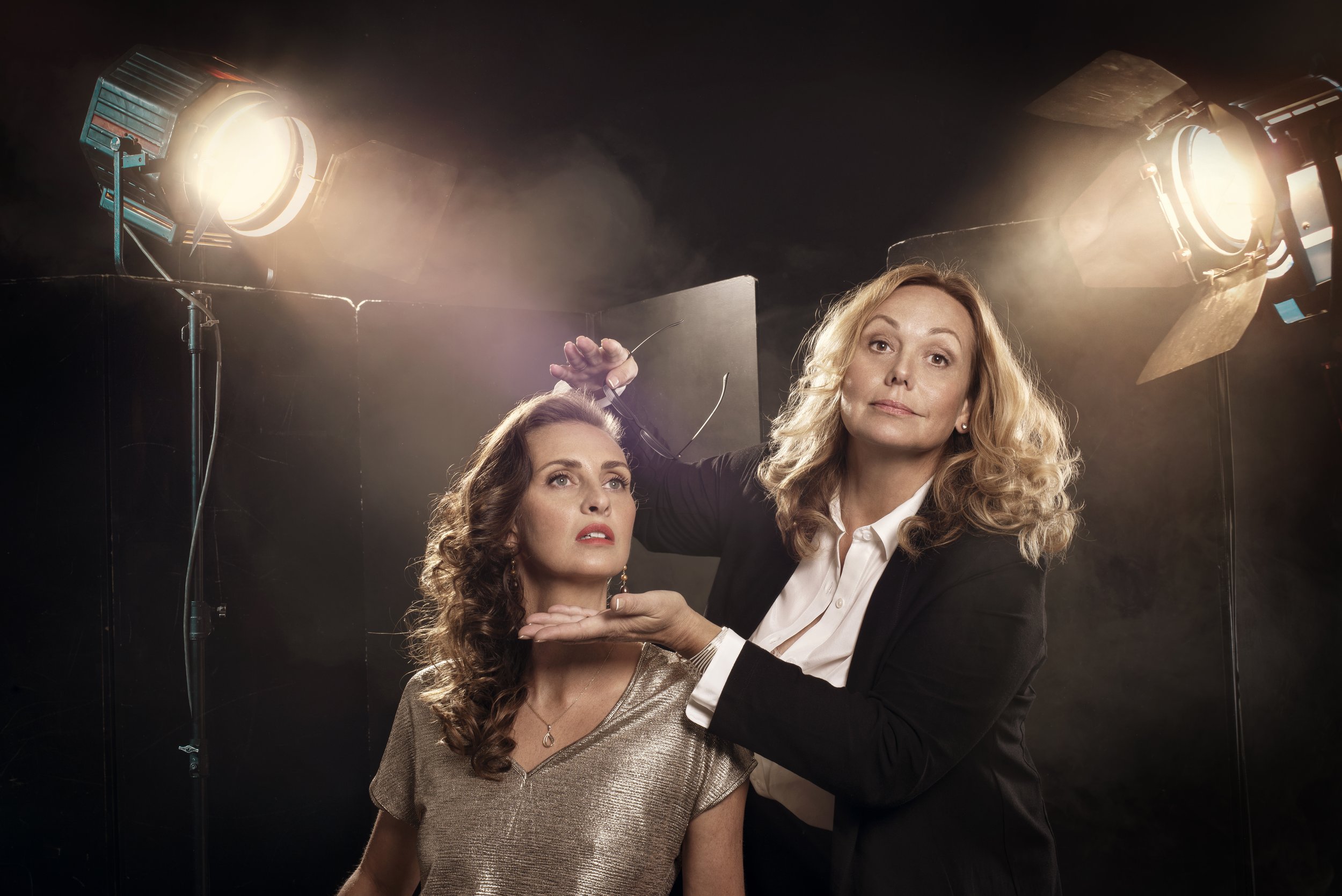Five Really Good Question and Answers With The Latest Insider Secrets For Every Director.
We spoke with Tina Adams again for our second episode of the series: Answering Filmmakers' Questions on Quora with Tina Adams.
Thank you for joining us today for our second edition of answering Quora Questions with Tina Adams.
We chose the following five questions made by aspiring filmmakers and youth.
Please feel free to send us your questions for a chance to have them featured in our daily upload.
Can someone with vision and hearing problems become a filmmaker?
Strangely enough, it is challenging but not unheard of; I knew and worked with one director during my career who made it in the film industry with impaired vision. He was even nominated for an Oscar for his hit movie "The Cremator." Juraj Herz was color blind and tried hiding that information from everyone except his DOP. Most of his films were black and white, so they would have to describe the footage by saying that the colors and shades were either warm or cold during post-production. He told me about this in person after having two bottles of plum vodka, Slivovitz to be exact, while we were shooting The Black Barons.
I suggest that you could start by trying silent films or black and white films depending on your talent and ability, and go from there until you find a way to express, craft, and edit your vision as a filmmaker.
Is 21 too late to start getting into movies? I'm interested in filmmaking, and I feel like I don't watch enough films. I don't want to be a bad filmmaker.
If you think 21 is old, you might have a different problem.
Age has nothing to do with filmmaking; it's a passion. It would be best if you did it for a legitimate reason, share your thoughts, entertain, and express yourself. Age has nothing to do with it. I, Myself, had started directing at 50. 21 or even 51 is not too late for anything in your life. But I encourage you to go to school and find something that attracts you the most. Your role could be in the story, behind the camera, bringing it on screen; there are many for you as a filmmaker. You can't do it all, so you will need to network with others who can also team up and collaborate with you. And if you want, take your phone, film yourself going to work, edit it and upload it; you will see how other people will enjoy your story and support you on your journey.
Do directors have to audition for films too?
No, because usually, the director is the engine, soul, and energy behind the project. When it comes to independent films, most of the time, the director is the one behind the story and proceeds to look for collaborators, producers, and actors.
On the industrial side, the production team dictates who and what will be filmed, sometimes even five years ahead of time. They decide on the aspects of the film based on the season, the holiday, or the event related to its release. Every major studio plans years in advance for every season. They then ask their directors to choose a selection of available projects to work on and eventually move on with filming.
Why do directors use extreme close-up shots?
In my opinion, close-up shots are a fashion statement. We play with the zoom-in and zoom-out levels of various characters during the film to portray them under the limelight. Right now, close-ups are very in; it's a trend.
Close-up shots are used to show a deeper aspect of the character. For example, a close-up shot of a character writing a love letter shows her pen and expression as she draws a heart on a paper. It offers a more profound and expressive side of the character. However, it could also become overused and even cliché, like in many of today's movies. But remember that it is a powerful tool of expression and always keep in mind the symbolism behind it when deciding whether or not to use it in your shots.
How do I choose between Directing, Editing, or Cinematography? Which one do I learn first?
Great question, and a tough one to answer as well; it's like asking should I see a family doctor, dentist, or nutritionist. Where do I start first? Well, you should start with the one that interests you the most. If you like storytelling, go for editing. If you like visual expression, go for cinematography and if you like both, go for directing.
By following your passions, you will allow yourself to learn and build a career that you love and a foundation where you can expand your skills and talents into other roles in filmmaking as time goes on.
***Follow us for more Q/A's as we go over more questions we find on the internet. Please send us your suggestions; we would love to hear them! 















